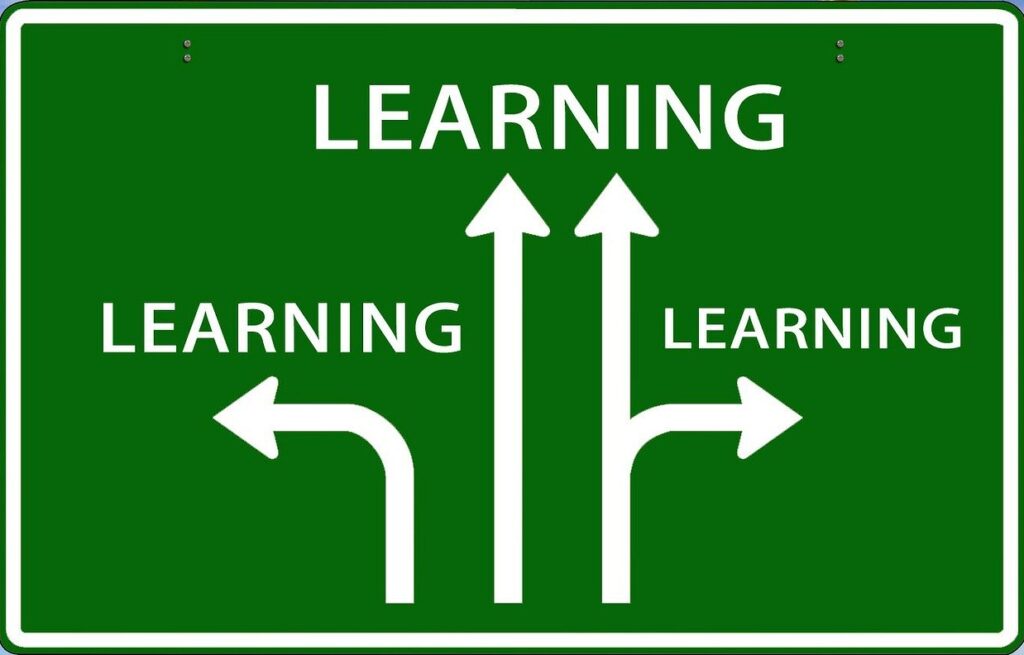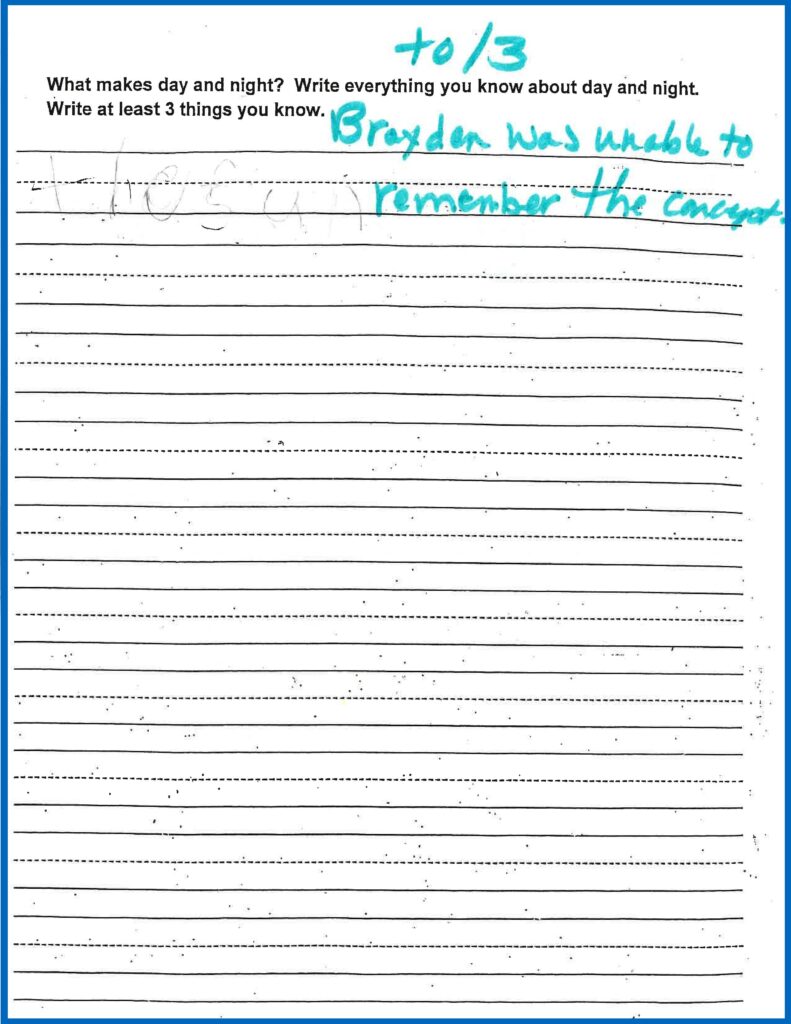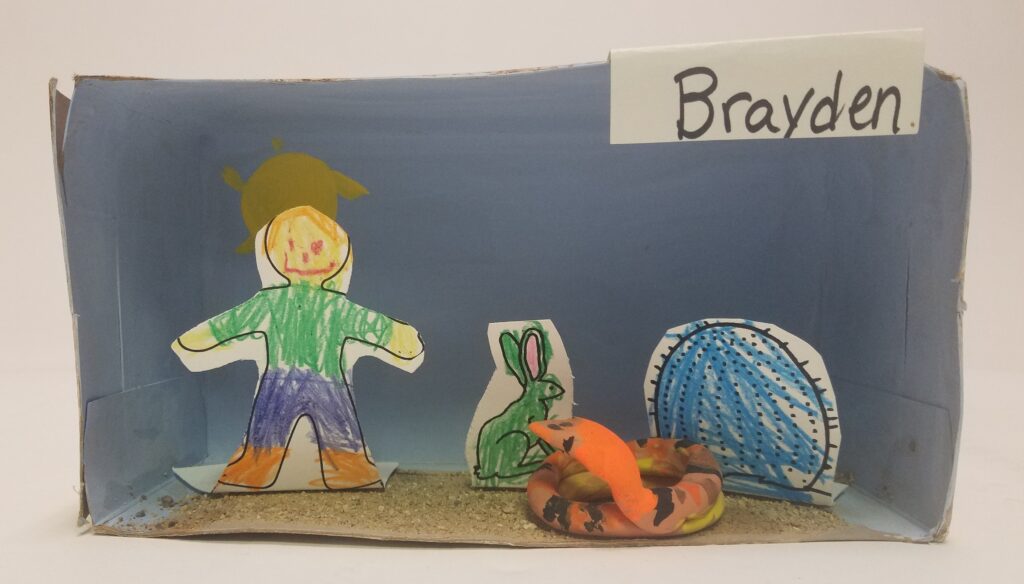Not All Tests Are Created Equal

I’m on a bit of a rampage today, thinking back to a terrible first grade experience my grandson had. There were plenty, but this one was about test taking. He struggled in first grade. Really struggled. Much of the problem being a stubborn teacher that never considered that kids learn differently.
A few months into the school year, my daughter heard that he ‘failed’ a test on the sun and moon. Seriously? How can a six year old fail a test? He’s a pretty sharp kid that loves science, so why couldn’t he answer a few questions about the sun and moon? So, my daughter asked to see the test. When we saw it, we were both furious. First, what a ridiculous test to give any kid. What exactly did she want them to write? And what a ridiculous test to give a first grader, that’s just learning to write, especially a right brain kid.
For a right brain kid, open ended essays questions like this are hard because there are so many things that could be said. They are overwhelmed by the sheer possibility of it all. Their minds literally fill with an tremendous number of thoughts, that they have to narrow down and edit in order to write. That’s a hard learned skill for right brain kids and it’s not happening in first grade. And it’s certainly not happening with the crazy questions she’s asking.
A month later, he had another test. This time he had to make a diorama to show what he learned about the desert. The teacher was surprised at the results. Turns out my grandson was very focused, attentive to details and enjoyed the project. He was so happy to do it and it was his best test score yet. She said she didn’t know why this was any different for him. But we did! He’s a right brain, visual learner, and he got to show what he learned – visually! He got to make the snake, the people, his mini desert, all with colors and texture. And he had volumes of story and detail to share about each element.
This is the kind of project/test that works for right brain kids. When you want them to learn something, add some visuals and let them get their hands on it. When you want them to show you what they know, same thing. Let them show you by including some visual components. When our kids do answer essay questions, it’s best to make the question as specific as possible. This helps them sort through the volume of possibilities they can imagine, to answer correctly. But not so much, so young.
As parents we want to honor and respect what’s happening in the classroom. Always. But when in doubt, it’s okay to ask questions. You’re your child’s biggest advocate. Stay involved. Look things over. Ask questions. And help the teacher understand your child as a learner, so things can be adapted when possible.












